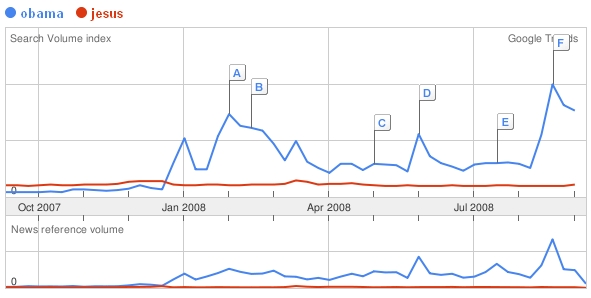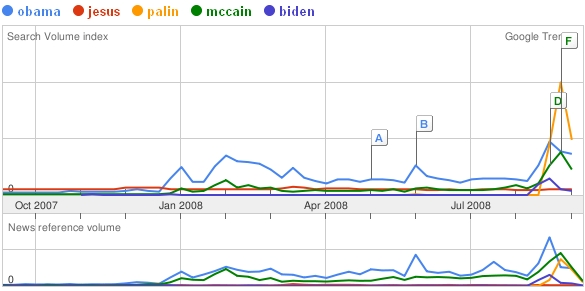It’s nearing Halloween, so it must mean the anniversary of the Digital Millennium Copyright Act is just around the corner. In fact, it was 10 years ago, on Sunday, that Congress passed the DMCA, on October 12, 1998. The law was signed by President Clinton on October 28, 1998.
The information and news service that I have launched, BroadbandCensus.com, is “celebrating” the passage of the law with the inaugural event of the Broadband Breakfast Club. The breakfast event will take place on Tuesday, October 14, from 8 a.m. to 10 a.m., at the Old Ebbitt Grill at 675 15th Street NW, Washington, DC.
This event will bring together several key stakeholders together to share perspectives on this topic:
- Drew Clark, Executive Director, BroadbandCensus.com (Moderator)
- Mitch Glazier, Senior Vice President, Government Relations, Recording Industry Association of America
- Michael Petricone, Senior Vice President, Government Affairs, Consumer Electronics Association
- Wendy Seltzer, Practitioner in Residence, Glushko-Samuelson Intellectual Property Law Clinic, American University Washington College of Law
- Emery Simon, Counselor, Business Software Alliance
Breakfast for registrants will be available beginning at 8:00 a.m., and the forum itself will begin at around 8:30 a.m., and conclude promptly at 10 a.m. The event is open to the public. The charge for the breakfast is $45.00, plus an Eventbrite registration fee. Seated attendance is limited to the first 45 individuals to register for the event.
Future events in the Broadband Breakfast Club monthly series will feature other key topics involved in broadband technology and internet policy. In fact, you can mark your calendar for the next event on Tuesday, November 18, from 8 a.m. to 10 a.m., also at the Old Ebbitt Grill.
For more information about BroadbandCensus.com, or about the Broadband Breakfast Club at Old Ebbitt Grill – on the second Tuesday of each month – please visit http://broadbandcensus.com, or call me at 202-580-8196.





 The Technology Liberation Front is the tech policy blog dedicated to keeping politicians' hands off the 'net and everything else related to technology.
The Technology Liberation Front is the tech policy blog dedicated to keeping politicians' hands off the 'net and everything else related to technology.